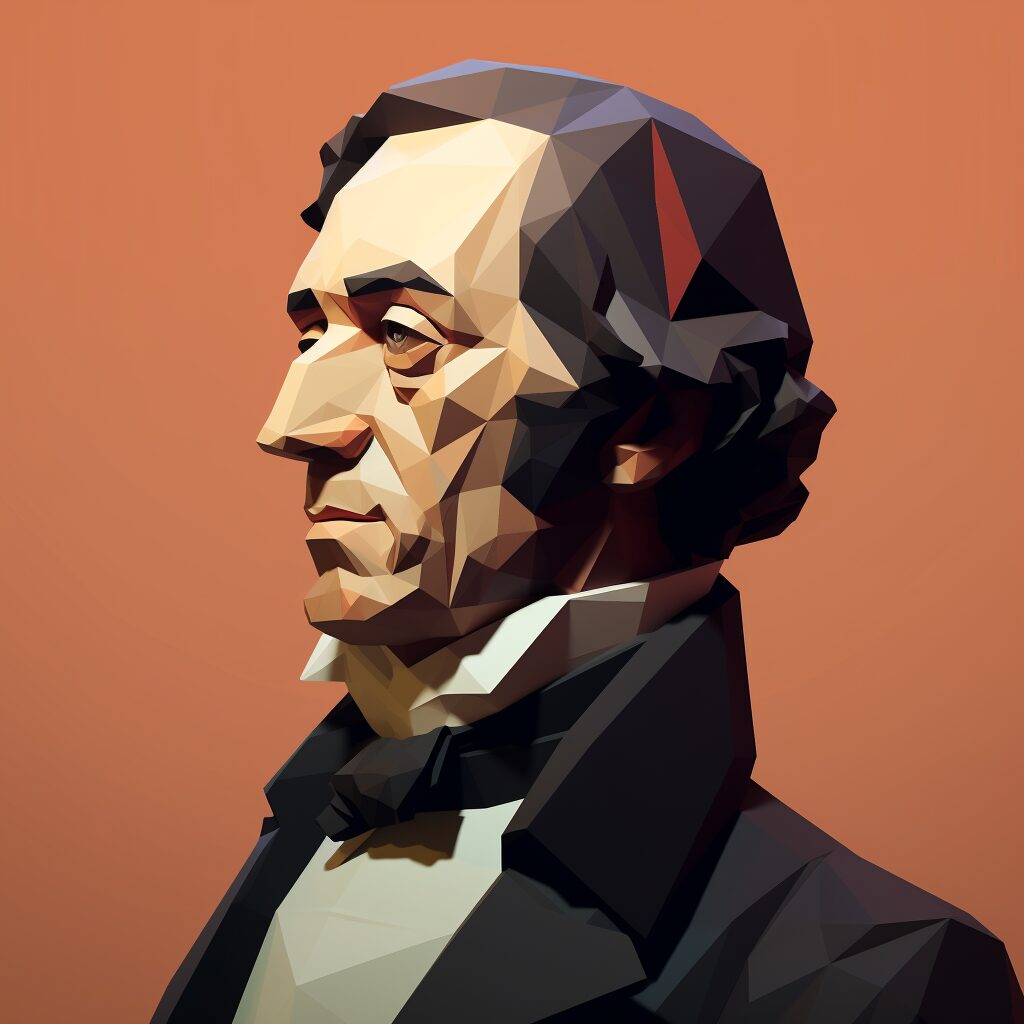This quote alludes to the profound effect of our first significant life experience that forces us to think critically or introspectively. It’s about the first major event, incident, or realization in our lives that jolts us out of our comfort zone or childhood innocence, compelling us to see the world in a new light. It could be a challenging situation, a loss, a failure, or even an unexpected success. This first shock is what initiates our journey of self-awareness, self-discovery, and personal growth.
In the context of today’s world, this idea is more relevant than ever. We live in a fast-paced, ever-changing world where we are constantly faced with new challenges and opportunities. The first time we come face to face with a significant challenge, it can be a shock. It forces us to question our beliefs, reassess our goals, and re-evaluate our strategies. It pushes us to learn, adapt, and grow.
In terms of personal development, this idea underscores the importance of embracing challenges and adversities as opportunities for growth. The initial shock might be uncomfortable, but it is often necessary for personal evolution. It encourages us to step out of our comfort zone, confront our fears, and push our boundaries. It teaches us resilience, perseverance, and the ability to bounce back from failures. It helps us develop a growth mindset, where we view challenges not as threats, but as opportunities to learn and grow.
In conclusion, the first shock in our life, as Disraeli puts it, is a significant catalyst for personal development and growth. It is what makes us think, question, learn, and evolve. It is what shapes us into who we are and who we become.













